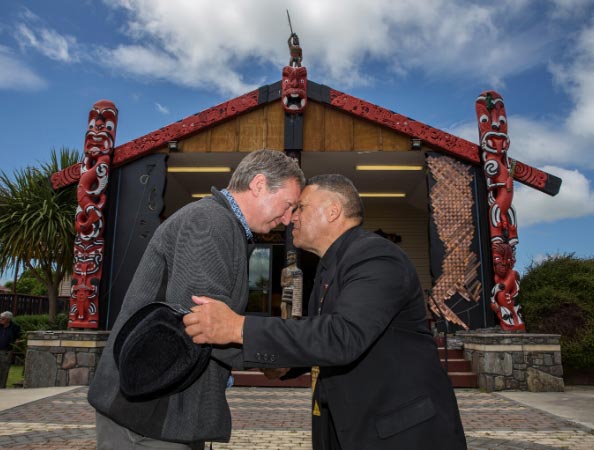AgResearch’s relationship with Māori skincare company Ora Innovation Group Ltd was further cemented in the 2021/22 financial year with a focus on three key areas: developing knowledge to sustainably grow and harvest mamaku for commercial supply, developing intellectual property (IP) around processing of mamaku, and identifying future opportunities for research collaborations.
 Mamaku (New Zealand Black Tree fern) has traditionally been used by Māori as a rongoā for treating various skin conditions, and clinical trials conducted by AgResearch and Ora Ltd have shown that mamaku extract has excellent potential for the management of eczema and other inflammatory skin conditions.
Mamaku (New Zealand Black Tree fern) has traditionally been used by Māori as a rongoā for treating various skin conditions, and clinical trials conducted by AgResearch and Ora Ltd have shown that mamaku extract has excellent potential for the management of eczema and other inflammatory skin conditions.
Starting as a KiwiNet funded programme to turn mamaku into an extract, then an MBIE-funded Vision Mātauranga Capability Fund programme that provided scientific validation of the effectiveness and value of mamaku as a skincare ingredient, and now Ora moving into AgResearch’s pilot plant in Ruakura.
This past year, as part of a MPI funded project, AgResearch scientists visited a number of Māori landowner groups who are looking at mamaku as a potential land use option and if feasible, be a supplier of raw material to Ora Innovation. AgResearch also planted mamaku trees on our Ruakura campus in an ongoing signal of our long-term interest and support in the research, with the knowledge we attain from the plot trial being of direct potential benefit to those landowners wishing to grow mamaku as we begin to intimately understand the plant and the conditions needed to make this a viable land use option.
The next stage in the journey is building international research collaborations to understand the science of mamaku. This will involve understanding mamaku’s composition and characterisation (New Zealand/AgResearch) and its bioactivity (Chinese Academy of Medical Sciences). The research collaboration also aligns with Ora’s aim to grow market penetration into China including rebranding and product development in line with Chinese consumers.
